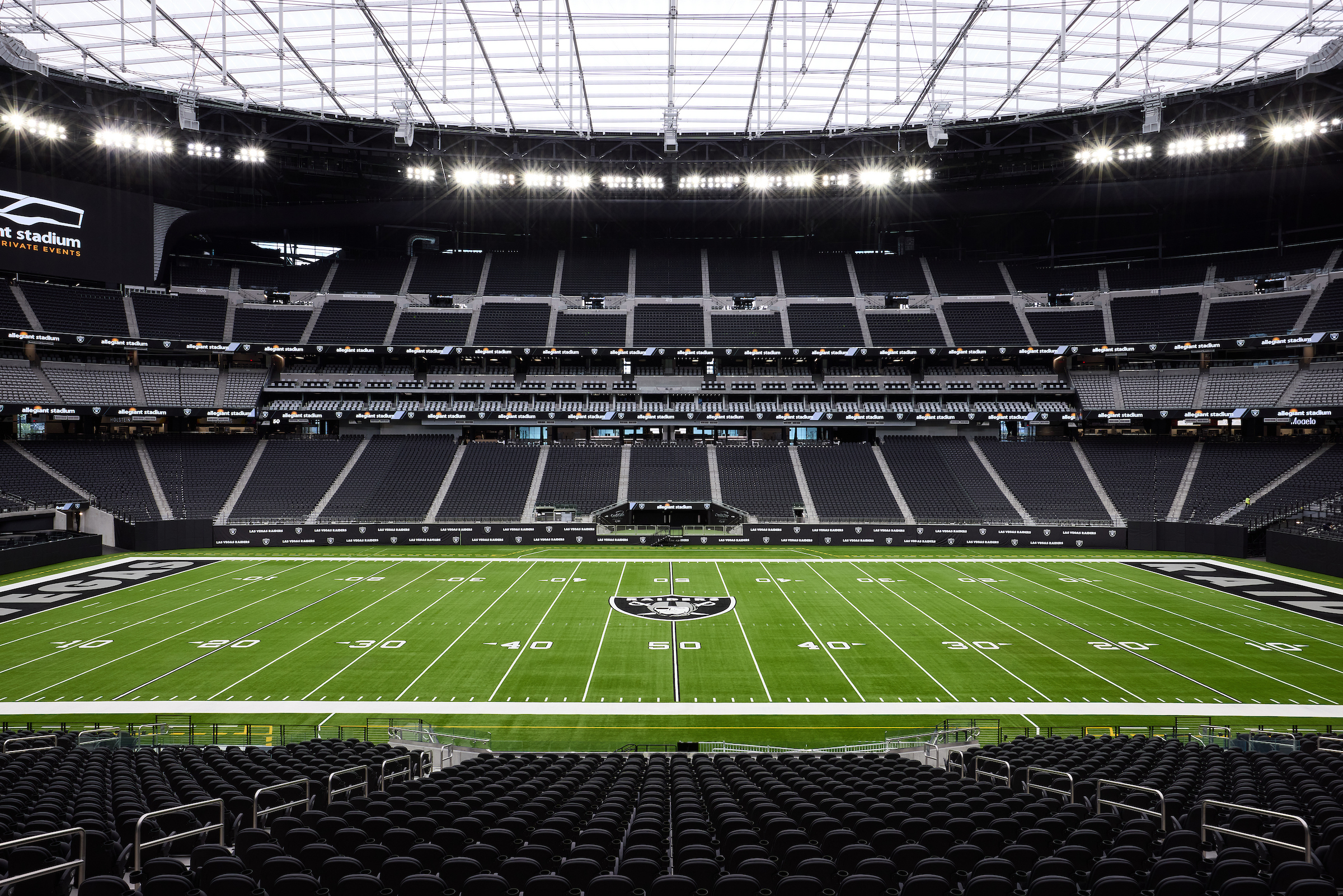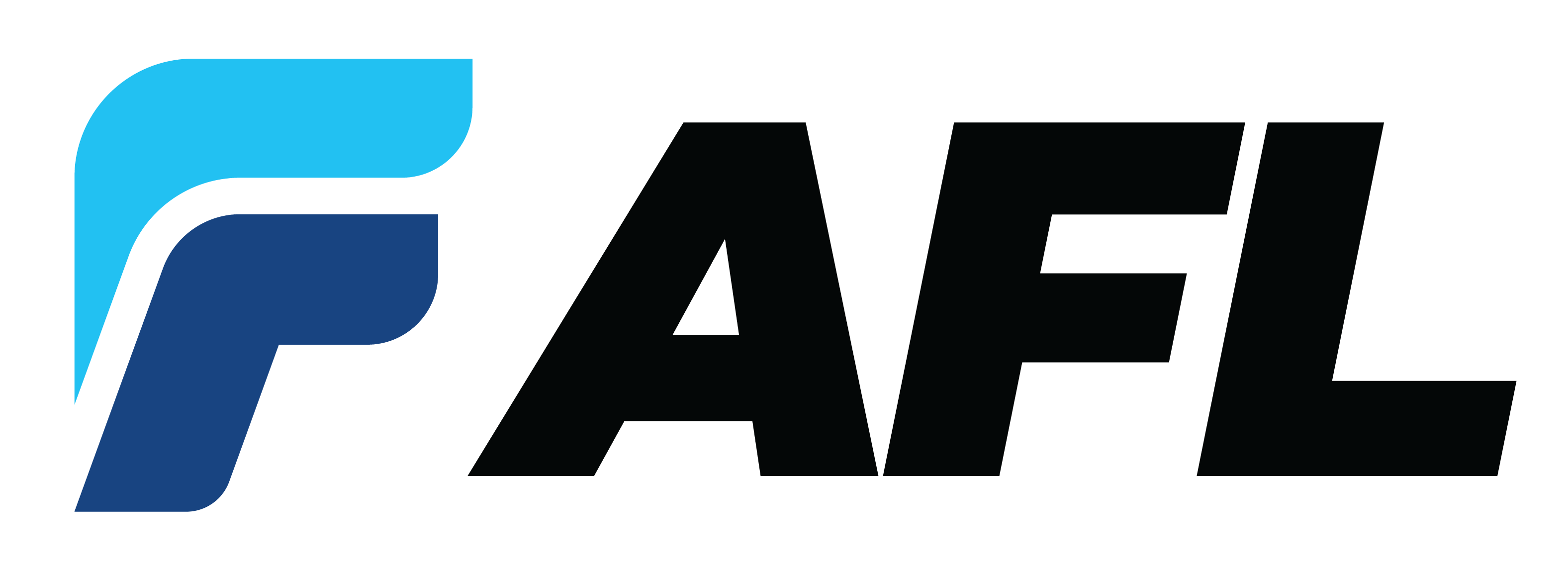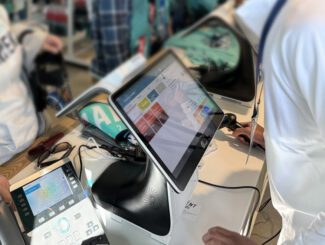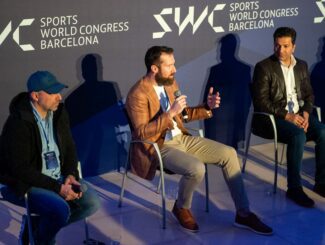Global telecommunications firm America Fujikura Ltd. (AFL) is seeking to make more of a public name for itself a year after acquiring DAS Group Professionals (DGP), one of the top providers of design and strategy for big-stadium cellular networks.
According to AFL, the DGP acquisition completed a three-company purchase strategy that brought expertise in construction, large-scale design, and now venue representation skills for distributed antenna system (DAS) deployments inside of AFL. With this combination in place, AFL is now very publicly aiming to be the leader in the venue-owned stadium DAS market, especially for bigger or more-active “Tier 1” venues in the U.S.
“DGP brings us the consultative aspect to refine what we have been undertaking,” said Seneca Mullins, President of U.S. Services at AFL. Prior to the January 2024 purchase of DGP, AFL also acquired the DAS deployment specialist firm Beam Wireless in February 2021, and the network construction firm Optical Telecommunication Services in October 2019.
If the previous acquisitions helped AFL obtain tight relationships with carriers through construction and design expertise, the DGP acquisition brought in relationships with team and venue ownership. That combination of relationships, on both sides of a negotiation table, is extremely important given the new economic environment of the overall stadium DAS market.
“At our core, we remain trusted partners to the carriers—the ones they call when the stakes are highest,” said David S. Wiginton, Senior Vice President U.S. Services at AFL. “With the addition of DGP, we are uniquely positioned to align venue and carrier interests, creating solutions that serve both sides and deliver better outcomes for fans.”
Extending the existing DGP relationships
So, who or what is AFL? In case the company is new to you America Fujikura Ltd. (AFL) is the American subsidiary of Fujikura Ltd. of Japan. AFL employs more than 11,000 people worldwide to manufacture, engineer, and install fiber optic products and associated equipment. The list of products from AFL includes fiber optic cable, conductor accessories, fiber optic connectivity, fusion splicers, and test and inspection equipment.
This year, AFL has started to publicly announce its presence in the stadium DAS world. A long-standing Major League Baseball franchise partner noted its venue was among the first to embrace the venue-owned DAS model and has continued to work with DGP and AFL through multiple upgrades. “Their commitment to innovation has redefined the fan experience,” the team’s technology leadership said.
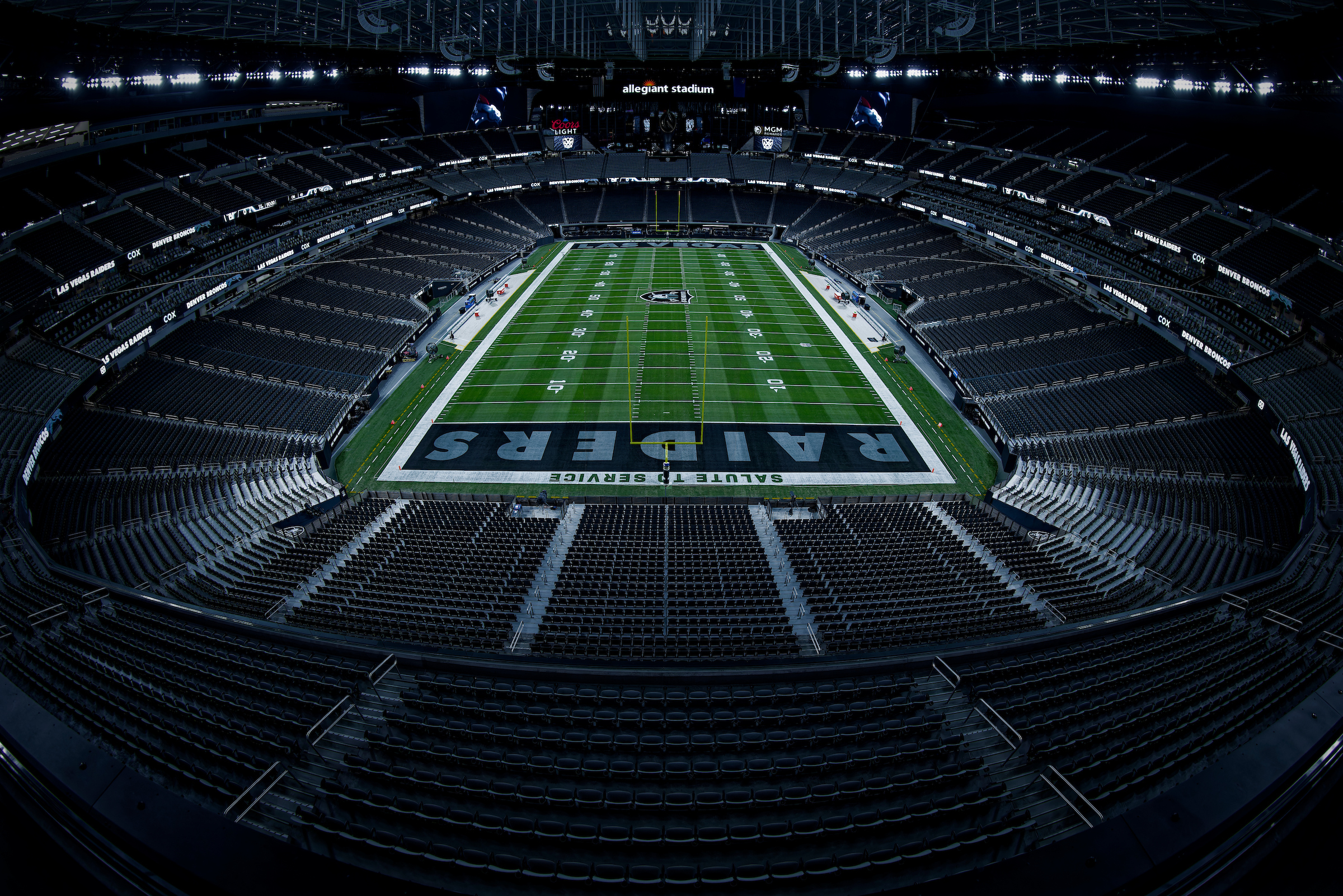
AFL continues to build on long-standing relationships with top-tier venues, including NFL franchises. According to Mullins, AFL has directly helped the largest U.S. wireless carriers with their equipment deployments at the past two NFL Super Bowls, held at Allegiant Stadium in Las Vegas in 2024 and at Caesars Superdome in New Orleans in 2025.
And as befits the company’s new momentum, AFL expects to share additional details about new projects in partnership with customers when the timing is right.
“We liked to operate kind of off the grid,” said Mullins of AFL’s previous DAS engagements. But Mullins also knows the stadium technology marketplace often generates sales by referrals from one customer to the next, so in the near future AFL will share more about specific deals.
“We know teams refer [their business] to other teams, so we want to see our business grow and have people recognize it,” Mullins said last spring. “It’s time to elevate our public profile.”
Is there a business for big DAS going forward?
For AFL, the biggest question may be just how much business remains for DAS deployments. For most venues in the U.S., the three main “customers” for DAS services — AT&T, T-Mobile and Verizon — are all publicly looking for alternatives to DAS, or at least to less expensive deals from venues to participate in a DAS.
And in terms of addressable market there are 709 stadiums in the U.S. with capacity of more than 11,000, with only 96 of those at 40,000 or more seats. The so-called “Tier 1” venues, the big football stadiums capable of hosting the biggest concert tours and other “jewel” events like the Super Bowl and the Olympics, are an even smaller subset of that number.
What Mullins sees when he looks at the market is opportunity. Both the venues and the carriers, he said, are looking for help when it comes to deploying the complex systems and contracts that are part of any DAS deployment.
“[Sports] teams have a lot going on [with technology], and you have to ask how much can they focus on?” Mullins asked, adding that venue owners and operators typically “don’t have deep benches” when it comes to their IT organizations. And the carriers, Mullins said, “are so happy when we take this off their plate.”
“It doesn’t get more complex than when you’re trying to build a DAS,” said Wiginton. “You’ve got a thousand antennas and 70,000 feet of fiber and copper cabling. It’s like trying to take the equivalent of 30 cell sites and putting them all inside one building.”
“We understand at the highest level how to design it, how to build it and how to maintain it,” Wiginton continued. “So, if we can put that together, and the venue and the carrier both see it as a win, then I think it’s a combination that can’t be beat.”
Putting venues in charge of their own DAS deployments
If the past was a DAS market where the carriers bore the brunt of construction and operation costs, the future is a market where the venues and teams join in with “skin in the game,” according to AFL. The way forward is to move to a venue-owned DAS model, one which has proven successful for some very high-profile venues including Wrigley and Levi’s.
“The economics have certainly shifted,” Mullins said. “While carriers are more selective in their DAS investments today, venues are increasingly realizing that connectivity is central to the fan experience and their brand.” So, owning the DAS, Mullins said, means the venue takes responsibility for their own infrastructure.
“They control it, how it’s managed, upgraded and monetized,” Mullins continued. “So, it really is about aligning the network with the venue’s business goals, not just the carrier priorities.”
And tops among those goals is to ensure that every fan at every event has solid connectivity.
“I believe at its heart, the venue-DAS ownership model provides the most neutral fan experience,” Wiginton said. “The venue wants every fan to experience the best service, no matter who their provider is.”
If the days of carriers paying premium rent charges for DAS are gone, then by owning its own DAS, a venue is free to find other revenue streams that come from enhanced connectivity, Mullins said.
“That might mean powering advanced digital experiences that support the retail and concession transactions, or enabling new security technologies,” Mullins said. “A well-designed DAS can be a platform for both innovation and monetization.”
Customer references from the best venues
With its public announcements of partnerships with teams like the Cubs and the Niners, AFL is showing that out of the gate it is a leader with trust from some of the top venues in the country.
“When you look at a world-class venue that has trusted DGP and chooses to continue to move forward with AFL, it shows confidence not just in the model, but in our ability to deliver that model,” Mullins said. “For us, it’s momentum. It’s a signal that AFL is here to stay and that we’re committed to growing responsibly alongside our customers and helping venues of all sizes unlock the full potential of their connectivity. We see DAS as critical to our growth strategy, and we’re doubling down on that.”



